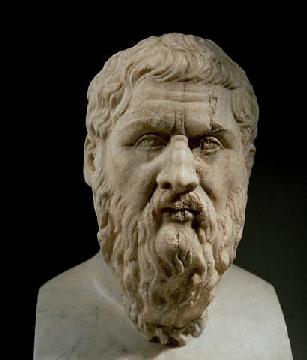Once upon a time, a journalist never gave up a confidential source. When someone comes forward, anonymously, to inform the public, it's better to risk time incarcerated than give them up. This ethical responsibility was also a practical and professional necessity. If you promise anonymity, you're obliged to deliver. If you can't keep your word, who will trust you in the future? Sources go elsewhere and stories pass you by.
Grizzled correspondents might recall this time with nostalgia. For many young journalists, it's more like historical fiction--a time when reporters could choose not to give up a source, gruff editors chain-smoked cigars, and you could spot a press hack by the telltale notebook and card in the brim of a hat.
The experience of a new generation of news writers tells a different story. Whether you choose to yield a source's name is secondary. Can you even protect your source to begin with? Call records, email archives, phone tapping, cell-site location information, smart transit passes, roving bugs, and surveillance cameras--our world defaults to being watched. You can perhaps achieve privacy for a few fleeting moments, but, even then, only with a great deal of effort.

Graffiti
attributed to the street artist Banksy is seen near the offices of
Britain's eavesdropping agency, Government Communications Headquarters,
or GCHQ, in Cheltenham, England, on April 16, 2014. (Reuters/Eddie
Keogh)
attributed to the street artist Banksy is seen near the offices of
Britain's eavesdropping agency, Government Communications Headquarters,
or GCHQ, in Cheltenham, England, on April 16, 2014. (Reuters/Eddie
Keogh)
